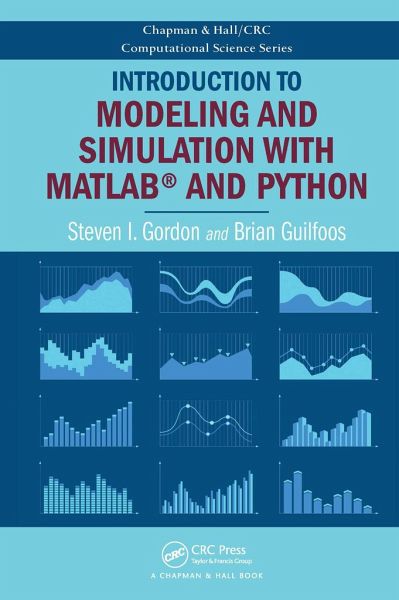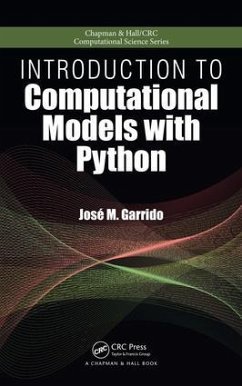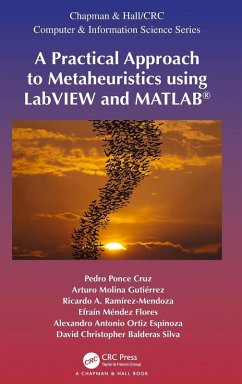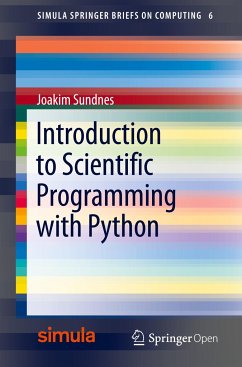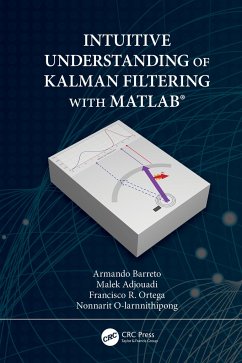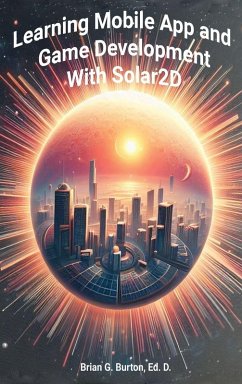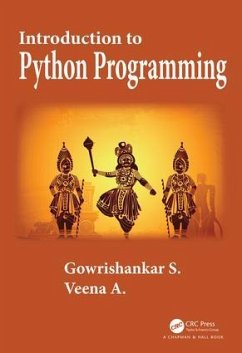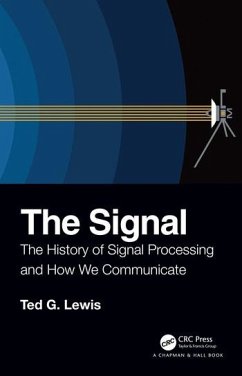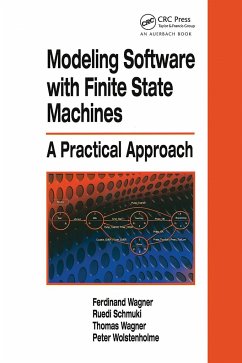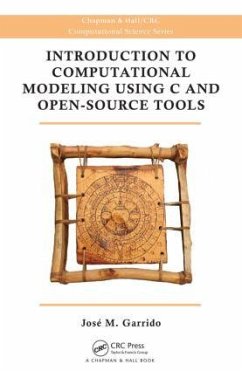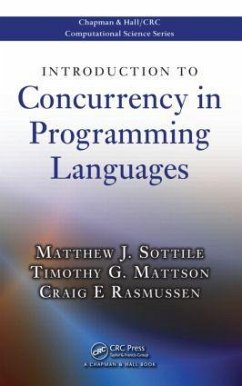Introduction to Modeling and Simulation with MATLAB® and Python
Versandkostenfrei!
Versandfertig in 1-2 Wochen
Weitere Ausgaben:

PAYBACK Punkte
52 °P sammeln!





The book introduces the principles of mathematical modeling in science, engineering, and social science as well as basic skills of computer programming. The book is aimed at majors in STEM disciplines that need to understand how to create, analyze, and test mathematical models.
Dr. Steven I Gordon is a Professor Emeritus at The Ohio State University in the City and Regional Planning and Environmental Science Programs. He also serves as the Senior Education Lead at the Ohio Supercomputer Center. In that and other roles at OSC, he has focused primarily on the integration of computational science into the curricula at higher education institutions in Ohio and throughout the U.S. He has worked with multiple institutions through a variety of grants from the National Science Foundation including the XSEDE and Blue Waters Projects. Dr. Gordon is also one of the founders and first chair of the Association of Computing Machinery SIGHPC Education Chapter and serves as a presentative of the SIGHPC on the ACM Education Council. He has published extensively on topics related to environmental planning and the applications of modeling and simulation in education and research. He earned a bachelor's degree from the University of Buffalo in 1966 and a PhD from Columbia University in 1977. Brian Guilfoos serves as the HPC Client Services manager for the Ohio Supercomputer Center (OSC). Guilfoos leads the HPC Client Services Group, which provides training and user support to facilitate the use of computational science by the center's user communities. Guilfoos also works directly with OSC clients to help convert computer codes, develop batch scripting, compiling and code development so that these researchers can efficiently use the center's supercomputers and licensed software. Guilfoos developed and delivered training in MATLAB as a part of the U.S. Department of Defense High Performance Computing Modernization Program support. Prior to joining OSC, he was contracted by the Air Force Research Laboratory to focus on software development in support of unmanned aerial vehicle (UAV) interface research. He was a key technical member of a team that was awarded the 2004 Scientific and Technological Achievement Award by the AFRL Human Effectiveness Directorate. He earned a master's degree in public policy and administration in 2014 and a bachelor's degree in electrical engineering in 2000, both from The Ohio State University.
Produktdetails
- Verlag: Chapman and Hall/CRC
- Seitenzahl: 210
- Erscheinungstermin: 17. Juli 2017
- Englisch
- Abmessung: 240mm x 161mm x 16mm
- Gewicht: 485g
- ISBN-13: 9781498773874
- ISBN-10: 1498773877
- Artikelnr.: 48850651
Herstellerkennzeichnung
Libri GmbH
Europaallee 1
36244 Bad Hersfeld
gpsr@libri.de
Gordon (Ohio State Univ.) and Guilfoos (Ohio Supercomputer Center) provide a practical introduction to the techniques involved in developing computer models and simulating those models. The emphasis in the text is on engineering applications, but natural and social science applications are addressed as well. The presentation is purposely constrained to a depth of coverage suitable for a first undergraduate course in the subject, with useful pointers for students who wish to visit the subject more deeply. The authors do a good job of introducing two computing environments for developing models and simulating them: the MATLAB commercial product and the freely available Python programming language. By judicious choice of Python libraries, the presentation of the two environments are virtually identical, leaving the choice of environment up to the instructor (or student). Readers using Python will need to correct minor errors in the text regarding how to set up the recommended Anaconda environment. Or, they might profitably choose simply to use the standard command line and code editor interface for that language.
--C. Vickery, Queens College of CUNY (CHOICE)
--C. Vickery, Queens College of CUNY (CHOICE)
Für dieses Produkt wurde noch keine Bewertung abgegeben. Wir würden uns sehr freuen, wenn du die erste Bewertung schreibst!
Eine Bewertung schreiben
Eine Bewertung schreiben
Andere Kunden interessierten sich für



